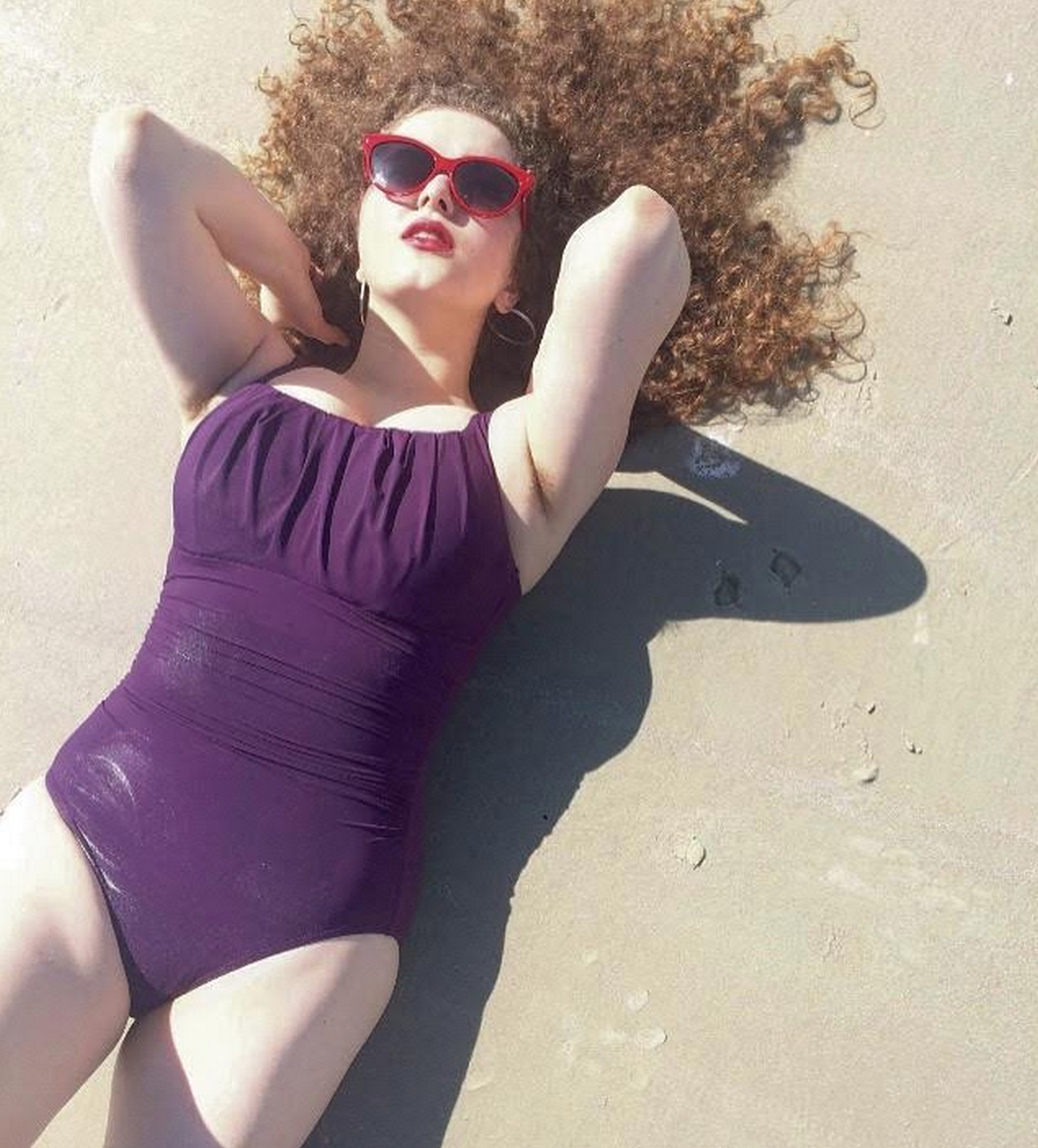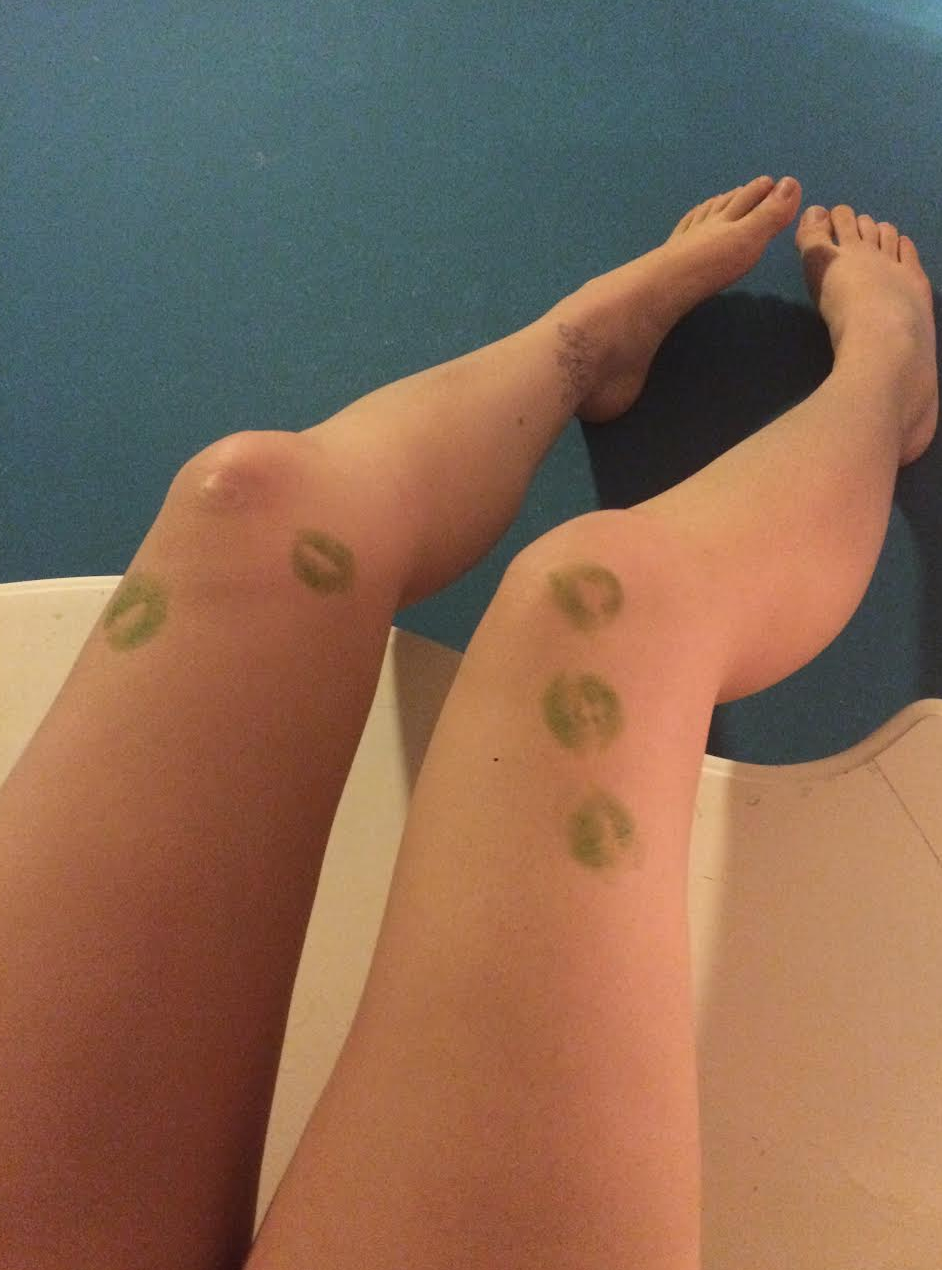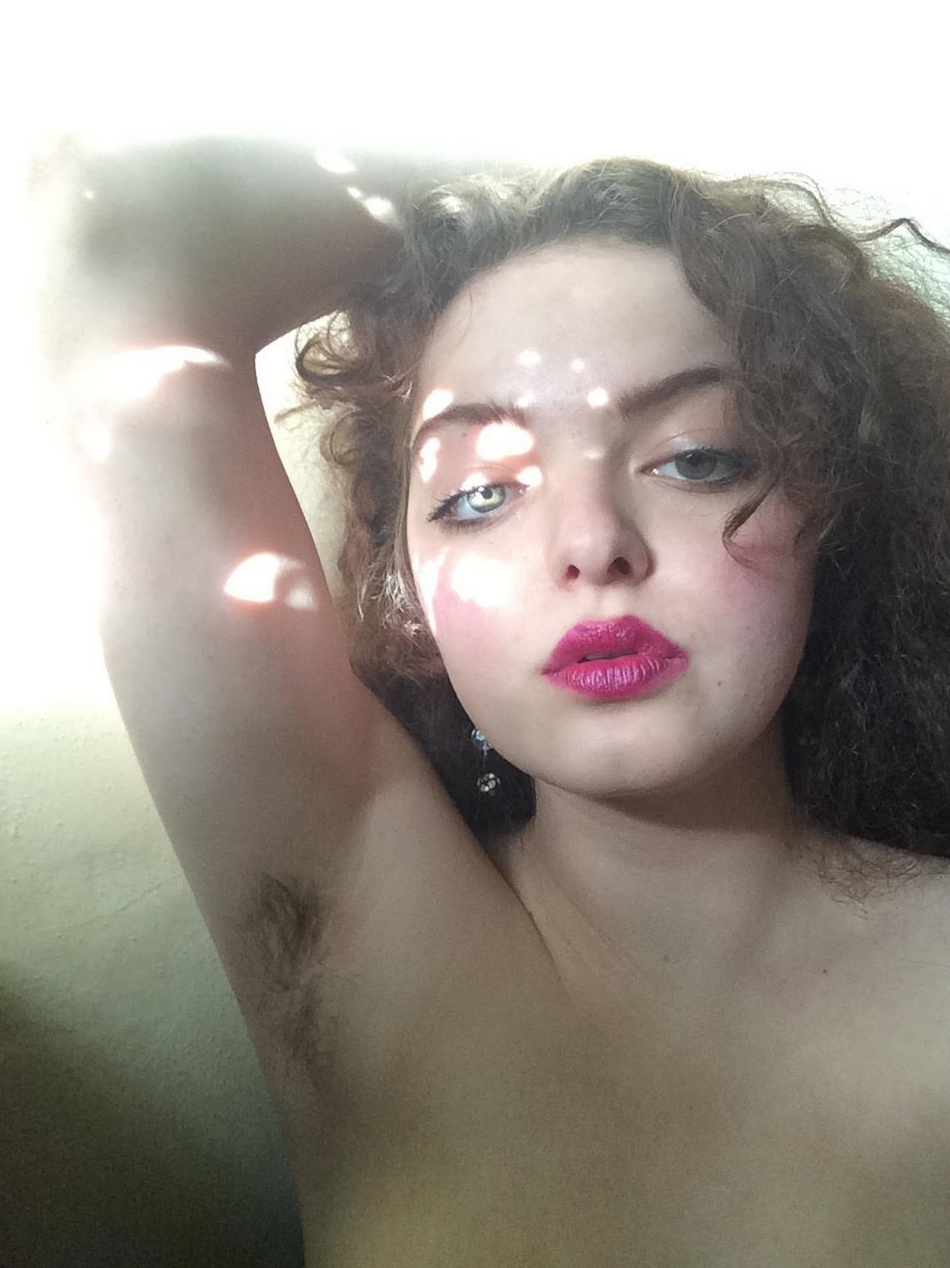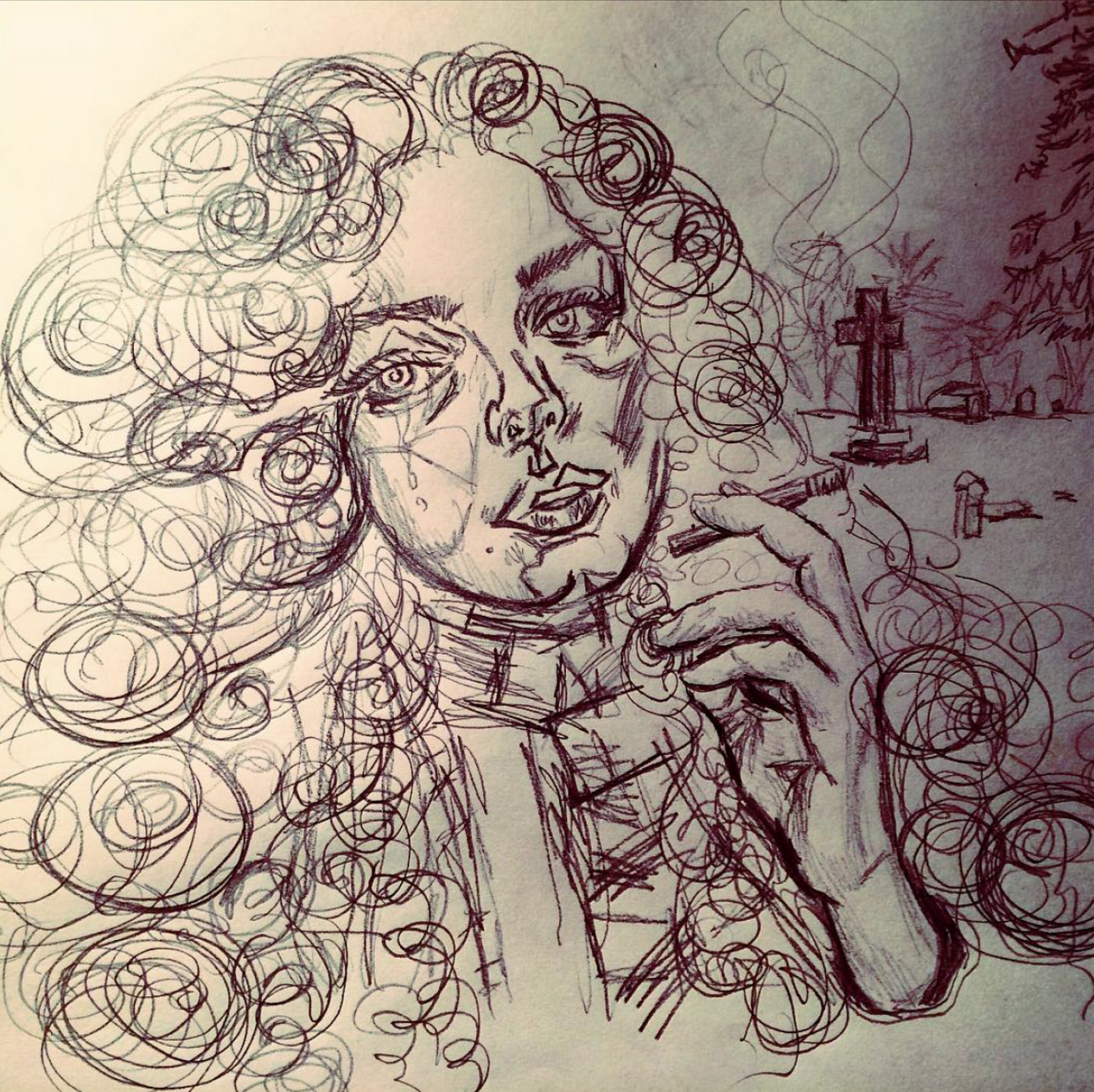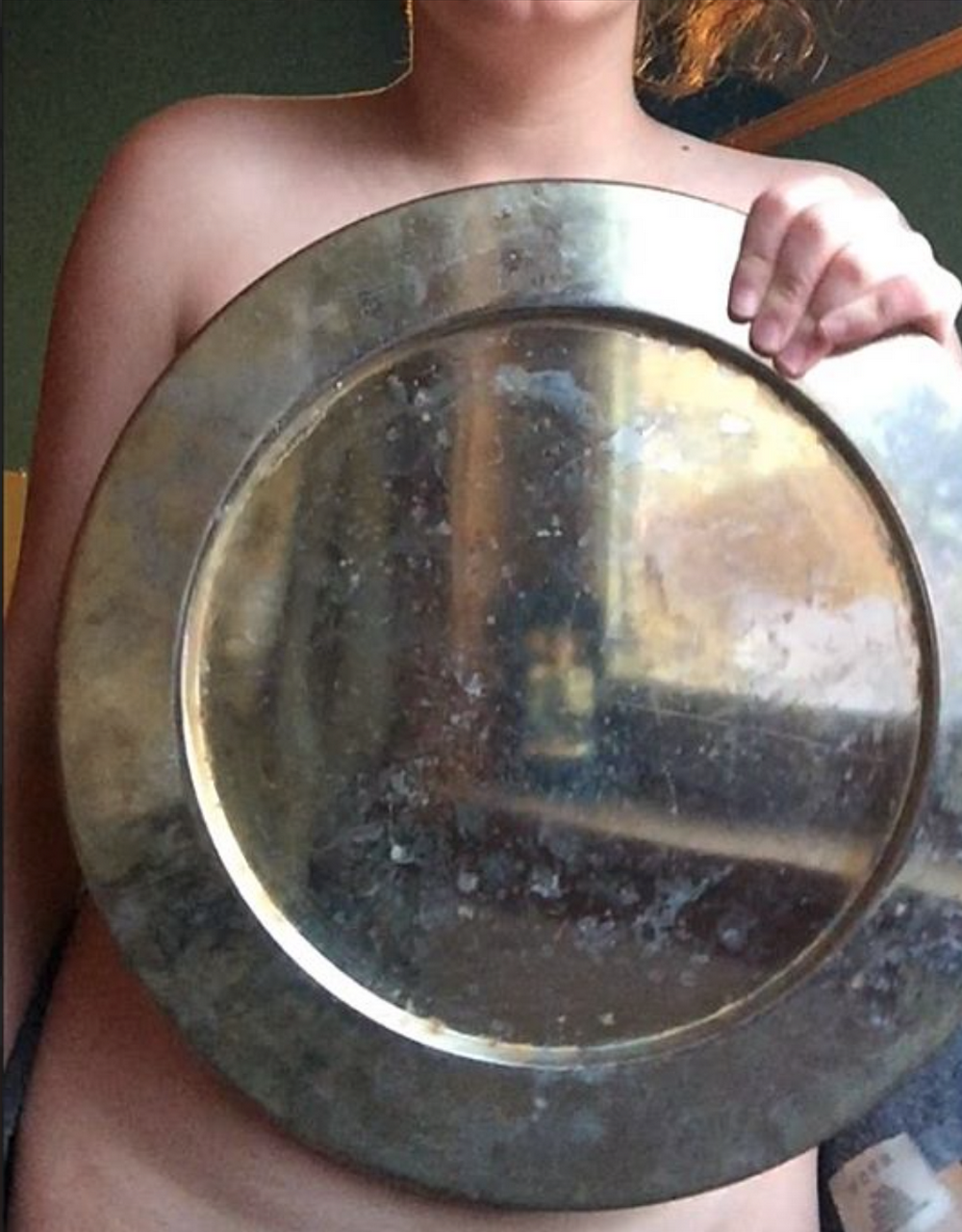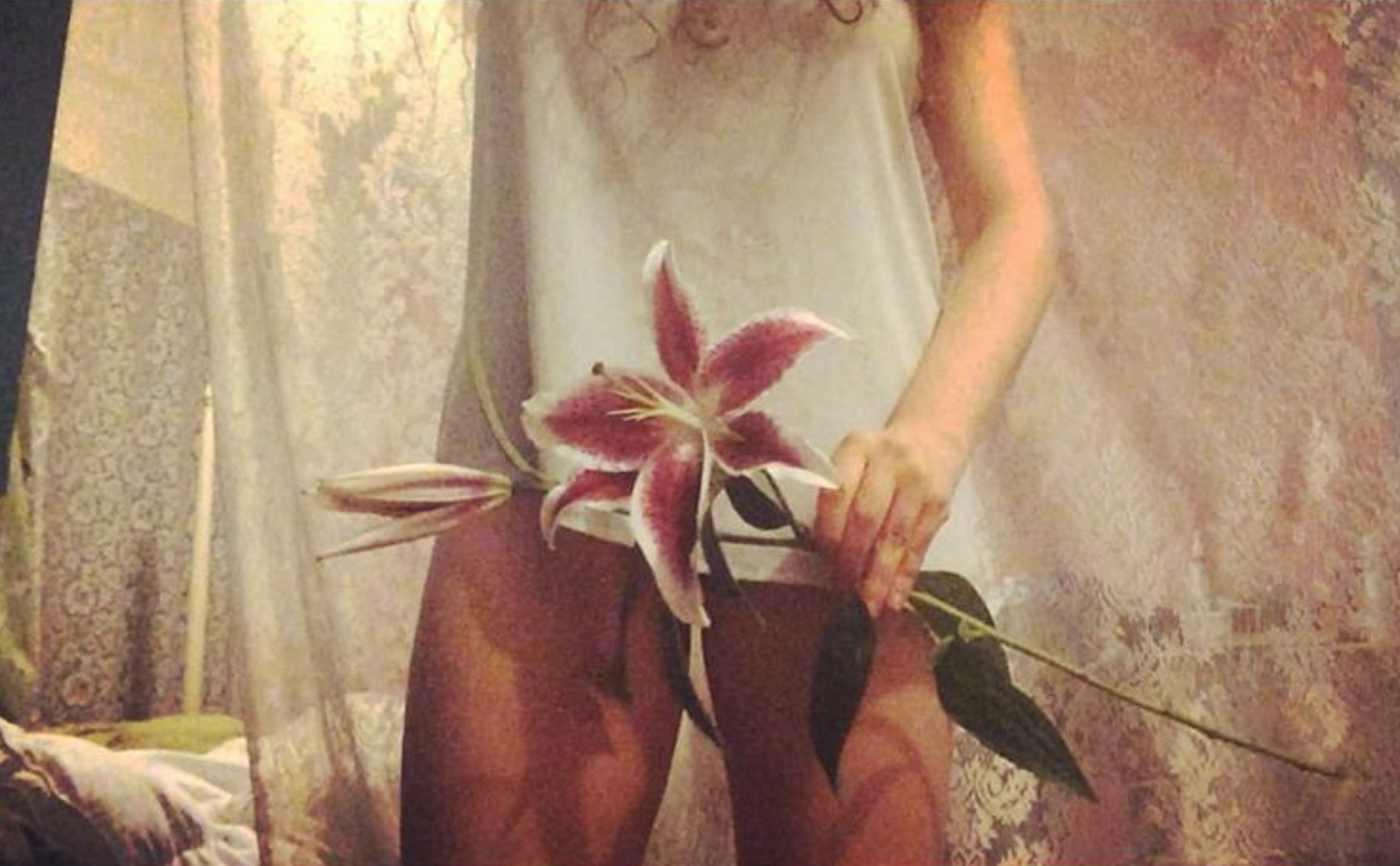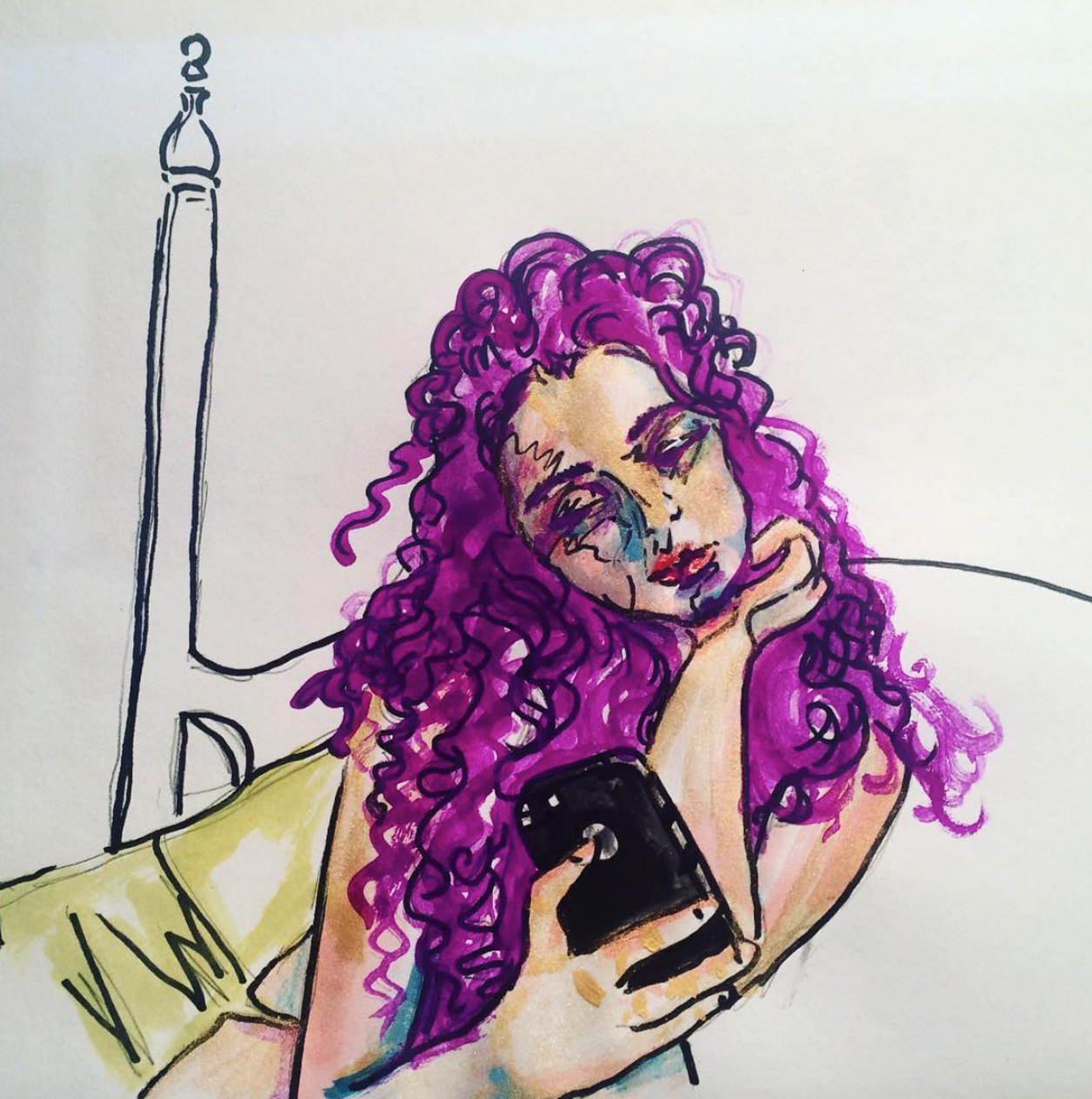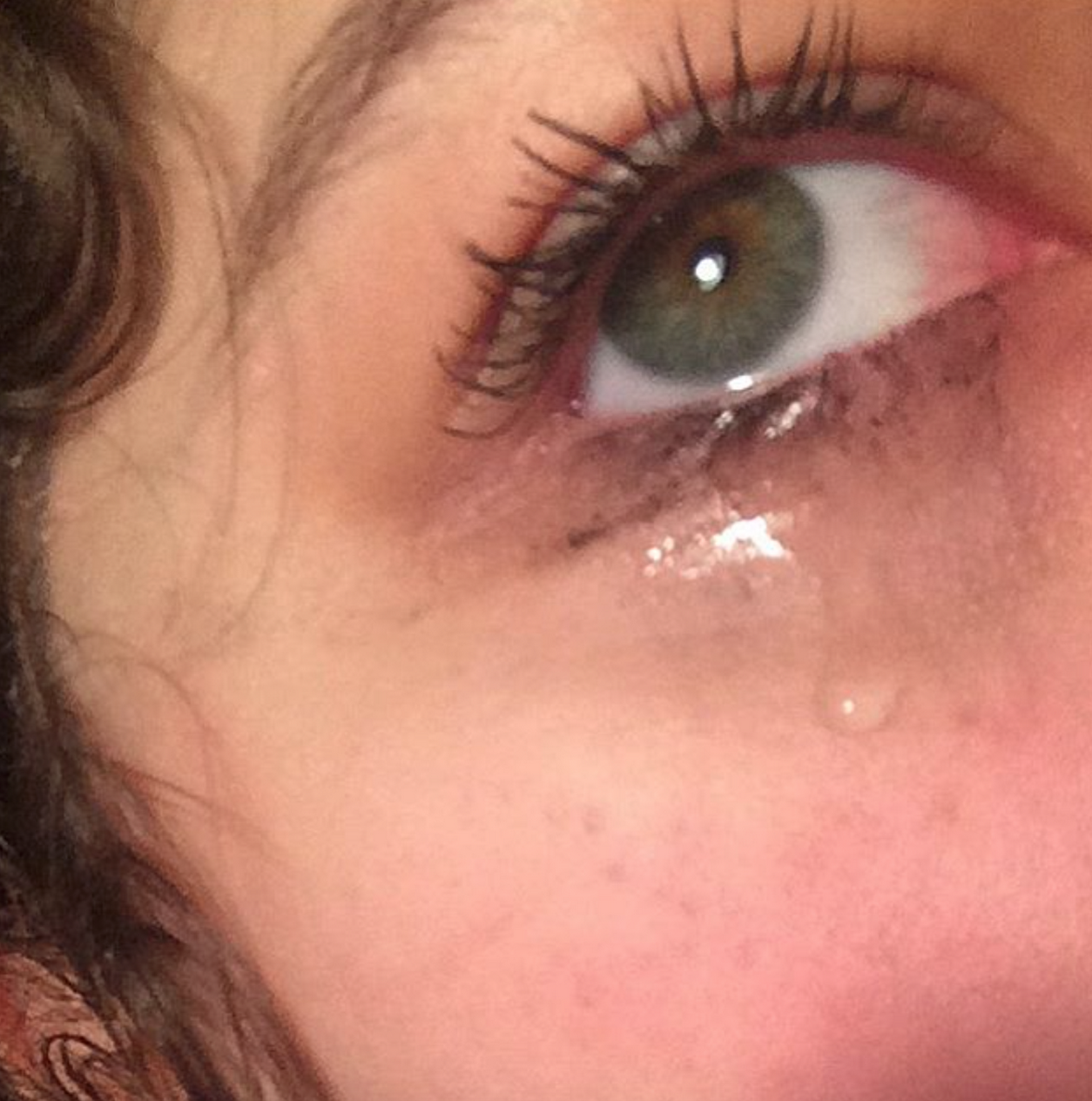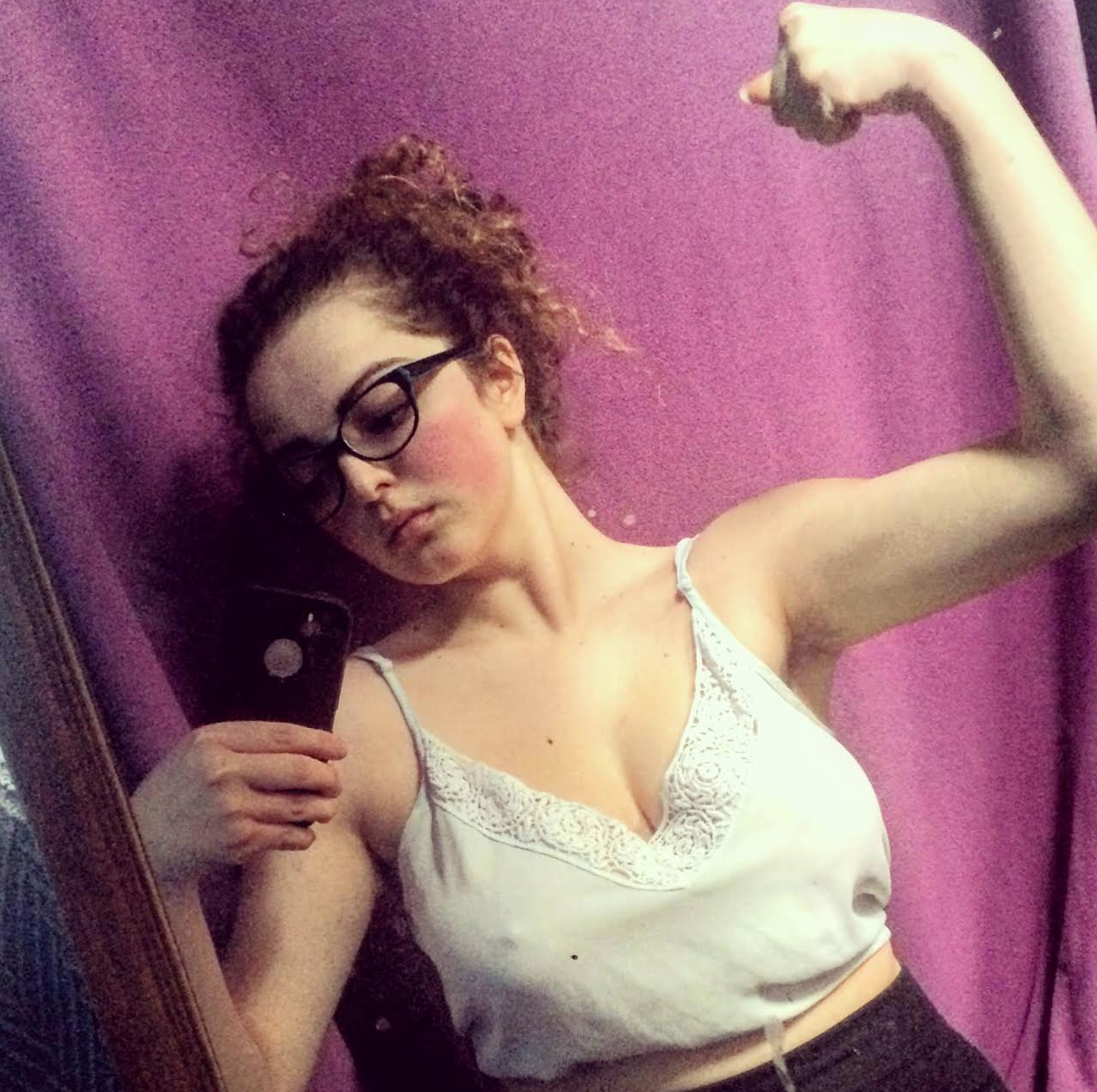BY RENA MEDOW
This piece is part of the Relationship Issue. Read more here.
I am obsessed with my body.
Who isn’t? Bodies are our vehicles for communication in so many different ways. They’re symbols and flags that indicate our heritage and identity. We modify, control and put them in costumes constantly.
Young women, in particular, are taught that their bodies are a gateway to being loved. So when I say I’m obsessed with my body, I mean I’m obsessed with the disadvantages of inhabiting my body. I see my physical flaws as indicative of how unlovable I fear I am.
I think Americans especially subscribe to the concept that our individual minds are bigger, better and more powerful than our bodies. We think of the shape of our body as propaganda. We want to design our physicality so we can control the love we receive, and the status we have in society. In turn, we give our BMI’s, food journals and sandwiches a lot of power. Power to define how people feel about us, and, therefore, power to define how we feel about ourselves.
Our culture has adapted to have a "diet mentality" where body-shaming is thought of as self-constructive, not self-destructive. We assume that people who are not living in a body that would most "positively represent themselves" are weak or naive. We think our fat-bias will prevent us from gaining weight. As long as we’re constantly judging our food, ourselves, and each other we think we're "safe from being oppressed."
This is ironic, considering people who body-shame look like jerks. Studies have also found, ultimately, the act of body-shaming leads to weight gain and crippling insecurity.
So if diet culture is actually counterintuitive to long term health and wellbeing, why do we still buy into it? Why do we still assign moral values to our food?
Why do we hate the parts of our bodies that aren’t streamlined, and immediately choose the filter that makes us look the thinnest?
Because we want to be liked and accepted. We may preach "self-love" and talk about "the importance of body diversity"--but I think many of us are still not really sure what that looks like in our own lives.
I do know it doesn’t look like me twisting my body to look smaller when I sent my friend a bikini selfie this morning. It doesn’t look like what we saw on the red carpet during The Oscars. It doesn’t look like counting almonds or looking at a group of girls on the beach to see who has the best thighs. It’s not using words like "best" or "good" or "bad" to describe any body part of any human being. It’s not utilizing the male-gaze by default when you look into a crowd, or letting what you assume other people think about you dictate your life. It’s not apologizing for what’s there or isn’t there.
Until we stop viewing our bodies and food as being intertwined with our self-worth; diet culture will persist, obesity rates will rise and eating disorders will continue to stain the lives of millions of Americans.
But how can we dismantle body negative behaviors when entire industries are built on the hundreds of judgements a day we make about bodies?
We can begin by understanding that our judgements are deeply tangled with our own insecurities. We can accept that we're not really sure how to love ourselves, much less the physical form we inhabit--but maybe by eating chocolate, swimming in the atlantic, offering supportive comments to our friends, hooking-up with strangers, and writing and reading essays, we're trying.
We may not know how to love our bodies, but the good news is this: they will continue existing anyway--miraculously, gorgeously, until we do.
Rena Medow contemplates the wild world through the lens of a 16 year old poet, actress, artist, radio volunteer, feminist, & urban wannabe. You can find her pouring coffee over the moon, or at renamedow@gmail.com.
































